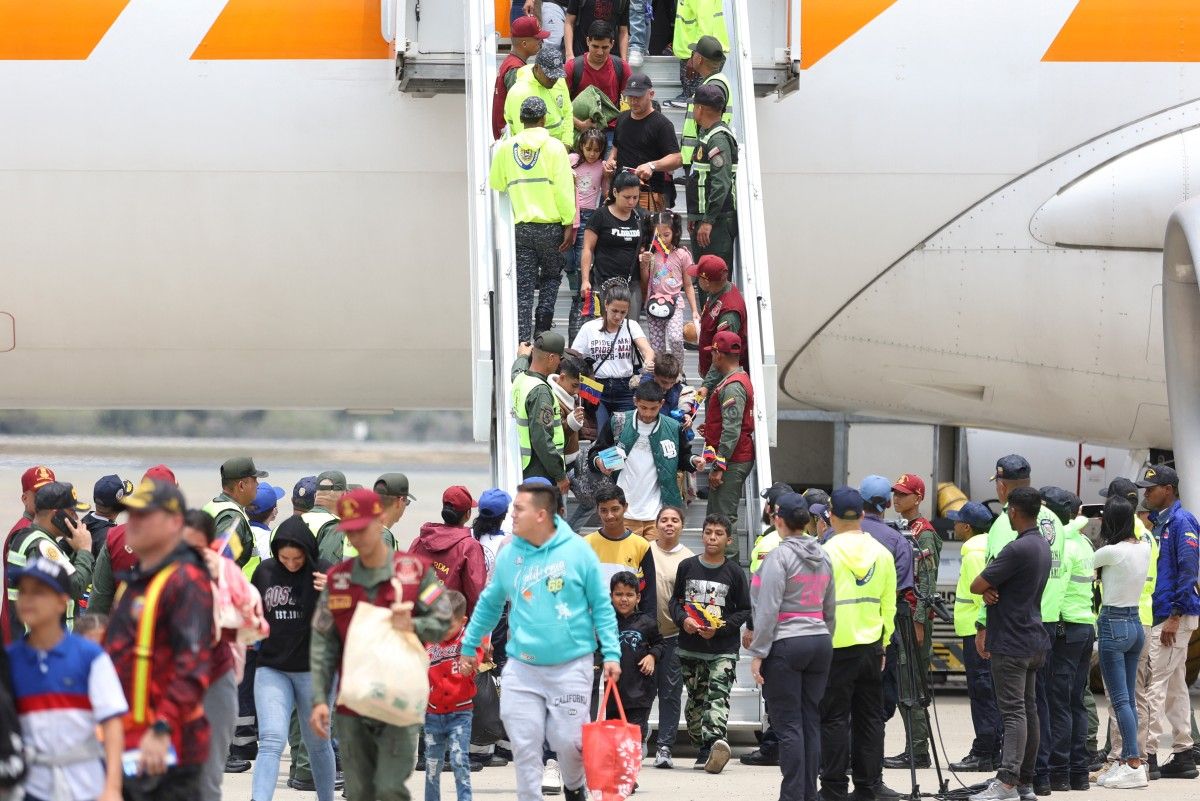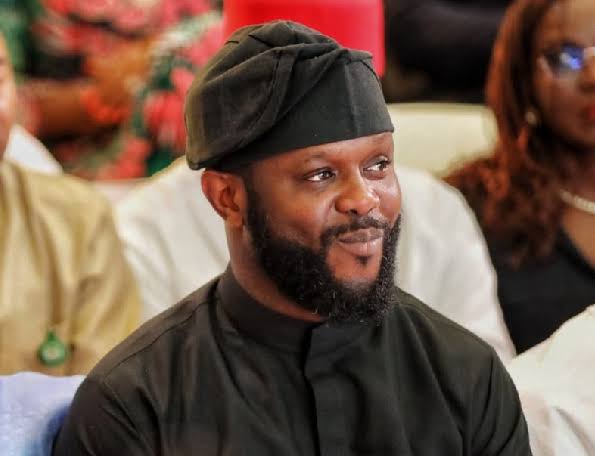A group of 199 Venezuelan migrants who were deported from the United States arrived in Venezuela on Monday, following an agreement between the two nations to resume deportation flights, as stated by Venezuelan Interior Minister Diosdado Cabello.
Tensions escalated last week when the U.S. accused Venezuela of not accepting deportation flights, while Venezuela countered by accusing the U.S. of obstructing them.
During this period, a flight carrying deported Venezuelans arrived from Mexico, which has consented to accept migrants from other nations sent by the U.S.
Cabello noted that the frequency of flights has been irregular “not due to Venezuela,” emphasizing that their consistency will “depend on the United States.”
The deportees were first sent to Honduras, where they were collected by the Venezuelan state airline Conviasa and arrived in Caracas at 1 a.m. local time. The U.S. does not deport migrants directly to Venezuela because of the strained diplomatic ties between the two countries.
The U.S. State Department’s Bureau of Western Hemisphere Affairs expressed optimism about a steady stream of deportation flights to Venezuela in a post on X confirming the recent flight.
This diplomatic conflict also follows U.S. President Donald Trump’s invocation of a little-known wartime law to expedite the deportation of individuals identified by the White House as members of the Venezuelan gang Tren de Aragua, which has been labeled a terrorist organization and alien enemy by Washington.
Although a judge swiftly blocked this measure, the Trump administration managed to deport over 200 Venezuelans—137 under the wartime law—to El Salvador, where they are currently held in the country’s extensive anti-terrorism facility.
See more: Turkey: 37 People Detained over Social Media Posts about Istanbul’s Detained Mayor.
Venezuela refutes claims that the migrants are linked to the criminal organization, asserting that it has been dismantled. Lawyers and family members of the deported individuals also deny any gang affiliations, suggesting that some may have been targeted due to their tattoos, which U.S. immigration authorities allegedly interpreted as indicators of gang connections.
Cabello stated Monday that Venezuelans in El Salvador are being “held hostage” and urged respect for their rights.



